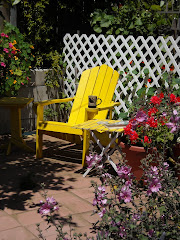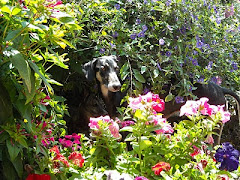
Such a generous grapevine. The Roger’s Red is the first harbinger of spring, its soft green buds promising the end of winter. And all summer long, its massed leaves – perfectly formed, stereotypical-looking “grape leaf” leaves – form a cascade of greenery that simply shouts “summer day.”

Then in fall, that perfect green waterfall of leaves turns into a glorious wall of fire – their last blazing gift before winter dark.
Over the years, as they grew and matured, I would notice little dried up sprigs of grapes here and there and thought, since they’re supposed to be a native, their fruiting was sparse and inedible. So I paid them no mind.
Then this year, while poking around , head under the tumbling leaves and vines doing a little pruning, I was shocked to see this, lots and lots of this:


So it was grab a bucket time, call a friend and together we harvested 4-6 of these:

And since the grapes are quite small and mostly skin and seed, utilizing all that surprise bounty meant this:

Some washing, some prep time snipping and sorting and out came this:
Intense. Very, very intense. And tart. Very tart. Even cut with water, well, it was a rich-on-the-tongue vintage year indeed. To your good health. L’chaim!
Thank you Mr. Red.













1 comment:
There are middle Eastern recipes that utilise sour grapes.
Perhaps on their second and third fruiting seasons they will get sweeter.
A Santa Cruz wine I tried in a small winery, was explained by the vintner as a rarity. The strand of vines was out of the main growing area by a ridge the vines were old and we're not watered late in season.
They were scheduled for replacement.
Last late harvest...
This was posted five years ago
Digestion.
It is a long process in humans, takes about 8 hours in the least.
Hardly enough time, to chew on rare choice beef,
tenderly marinated in late summer wine coaxed from the wizned berries of a south facing old coastal vine.
Relaxed former muscles tensing their last, arching lazily over a smoldering fire.
Roiling fog banks blanketing licks of flame dancing on a pygmy oak log.
Returning, retelling, exhaling in its last gentle hiss,
it’s history of carbon chains, laid down, linked, sequestered a thousand moons ago,
inside a silver-gray wood, that still remembers the faint scars of its first encounter
with the yet to be named California Grizzly Bear.
Alon Perlman
Post a Comment